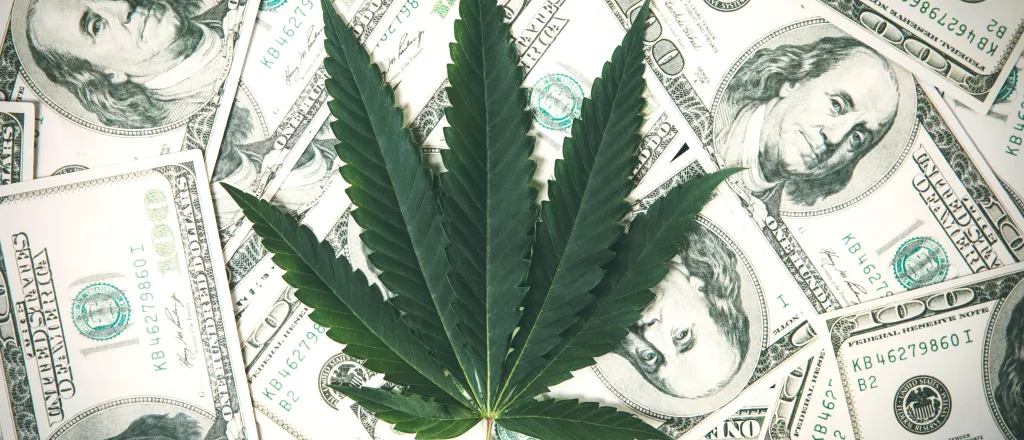
Mired in red tape, $20 billion legal cannabis industry seeks government help
(The Center Square) - The marijuana industry is thriving. Last year the $21 billion industry grew by over 5 percent, faster than the U.S. economy as a whole. At the same time, states from California to Massachusetts have decided the industry needs to be subsidized. A coalition of Democratic senators is now calling for the Small Business Administration to come to the aid of the industry.
This is the same industry that, for decades, the U.S. government spent billions trying to snuff out. Illegal cannabis operations continued to thrive despite their efforts.

© iStock - Nikolay Evsyukov
State governments have taken issue with the legal industry consisting of well-connected marijuana entrepreneurs that have pushed out minorities who were most-commonly prosecuted for cannabis crimes. New York established a $200 million fund for minority marijuana marketers. Michigan is a relative piker, giving $1 million in grants to help with "social equity funding."
New Jersey chipped in $12 million last year, "The Cannabis Equity Grant Program allows us to simultaneously expand the pool of cannabis businesses in our state while also focusing on those communities most impacted by the unethical War on Drugs,” Democratic Governor Phil Murphy said. Colorado launched a similar program the same year. Pot convicts will get grants funded by Washington state to launch their businesses.
In other cases, states have heavily regulated and taxed the market, often producing unworkable rules that industry operators have said stifle it. That's why California funded a $100 million bailout in 2021 for marijuana companies burdened by rules that have led users back to illegal dealers. Pot retailers got another $20 million boost in 2023.
The illinois pot industry couldn't get off the ground under that state's initial regulatory burdens, so state government gave out $20 million in loans.
Massachusetts paid $27 million in grants to licensed operators, but the marijuana industry wanted more. The grants weren't big enough to “help any business survive,” Sean Hope, who owns a Cambridge pot business called "Yamba," told CommonWealth Beacon.
In other states such as Maryland it is both. That state gave millions in grants to medical marijuana firms so they could jump through the legal red tape required to sell the drug for recreational use but placed racial and equity parameters to the program. It later came up with another $40 million.
New Mexico is an outlier where it just made marijuana businesses eligible for standard economic development aid. That's an idea that a coalition of senators led by Ron Wyden and Jeff Merkley, Oregon Democrats, appear to endorse. They wrote a letter to their colleagues arguing for new legislation to get weed entrepreneurs aid from the Small Business Administration.
“SBA’s current policy excludes from its loan and entrepreneurial development programs all small businesses with 'direct' or 'indirect' products or services that aid the use, growth, enhancement, or other development of cannabis,” the senators wrote. “Consequently, small businesses in states with some form of legal cannabis must choose between remaining eligible for SBA financing and support and participating in or doing business with a rapidly-growing and legal industry.”
National Taxpayers Union President Pete Sepp argues there is a smarter way to build up the marijuana industry than government programs. "Why not remove federal roadblocks to growth rather than cooking up more subsidies," he said. "Congress should allow marijuana businesses to deduct their business expenses just like any other business," he said referring to the federal tax code section 280E that forces marijuana businesses to pay higher federal taxes than other businesses.
















